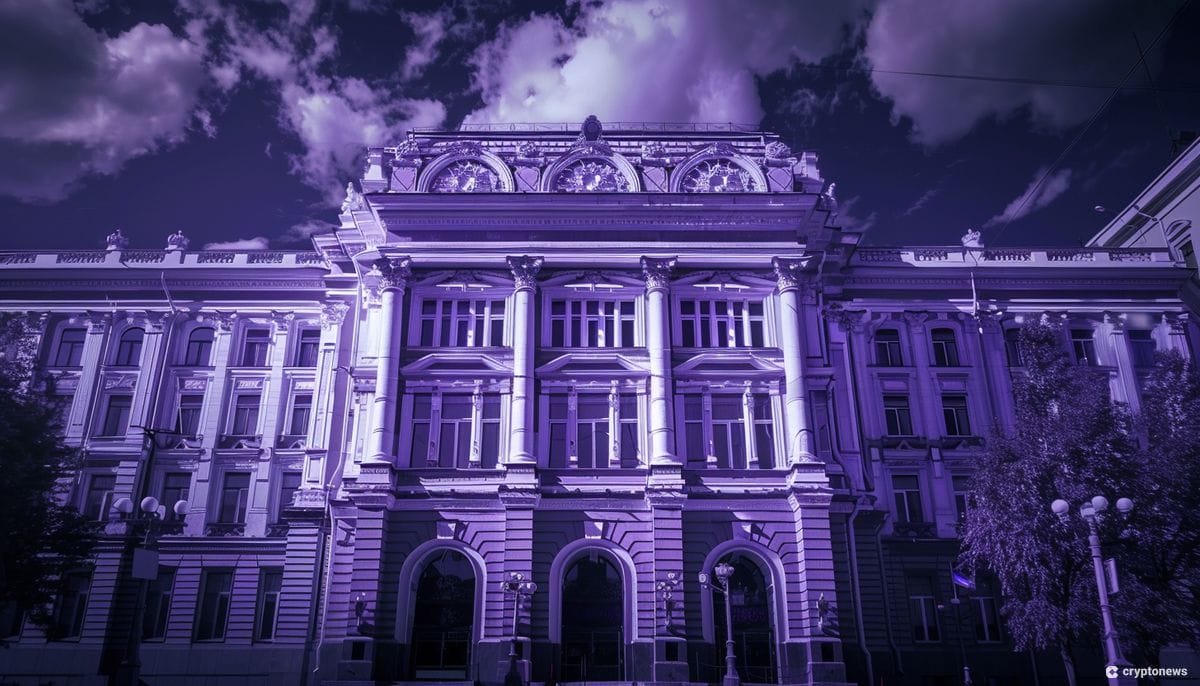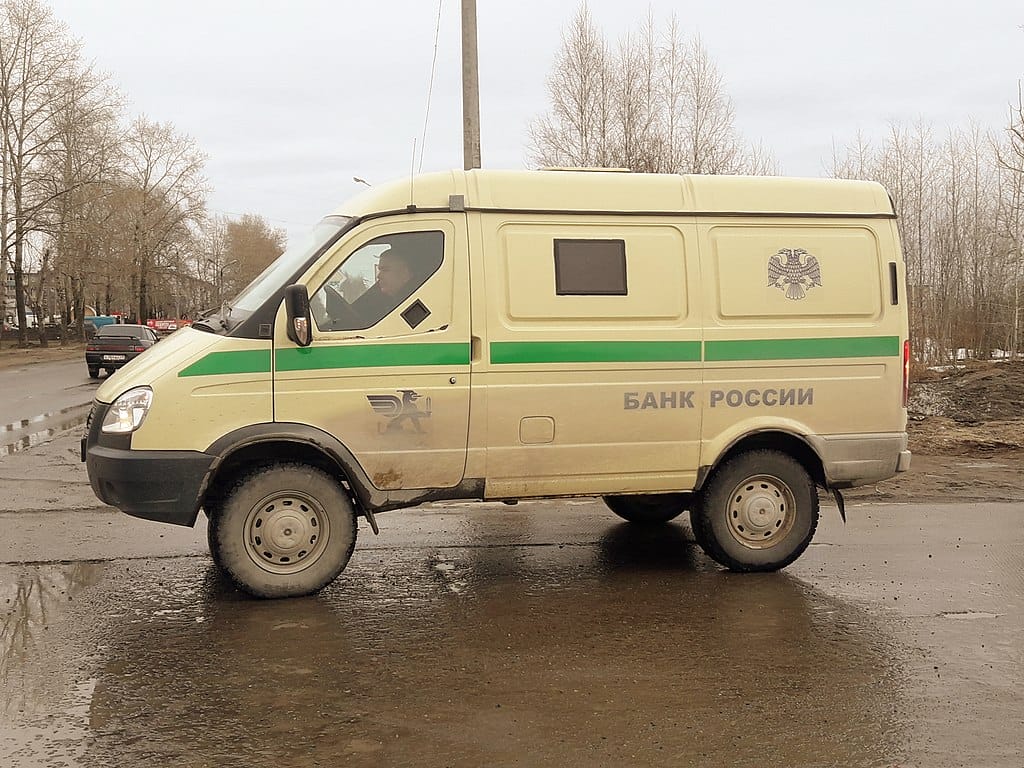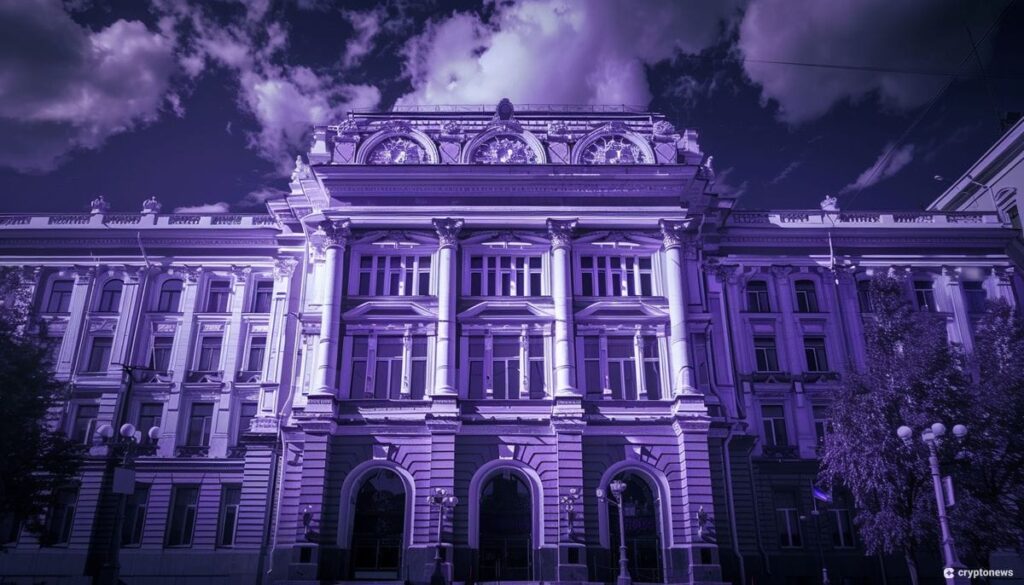
Russia's virtual currency ban could come into effect as early as September 1st, leading Russian lawmakers have admitted.
Anatoly Aksakov, chairman of the Financial Markets Committee of the State Duma, told media outlet NSN that lawmakers are expected to vote on a “ban on organizing the distribution of virtual currencies” in the coming weeks.
Russia’s “crypto ban” – what we know
Aksakov said the bill stipulates that “only digital financial assets issued in Russian jurisdiction” will be exempted from the new law.
These assets include several blockchain-powered digital coins issued by Russian banks and the central bank's Digital Ruble project.
As long as the bill has the full support of the central bank and government ministries, it is unlikely to face major opposition in the State Duma.
The bank had previously called for a “total” ban on Chinese-style cryptocurrencies, a move strongly opposed by top government officials.
Ministries and agencies have so far highly regulated domestic exchanges and called for a more Western, Japanese and Korean approach to virtual currency regulation.
Rather, the new bill appears to be a compromise.
The central bank had previously signaled it was willing to make some concessions to companies struggling to trade overseas due to U.S. and EU-led sanctions.
Are minors exempt?
Aksakov explained that the new bill “proposes a ban on distribution organizations.” [cryptoassets] In Russia. “
He said exceptions would only be granted to miners, mining pools and “test projects” supervised by central banks.

Aksakov previously admitted that some Russian companies are already using cryptocurrencies as a payment tool for international trade transactions.
But the bank appears keen to bring these companies under its umbrella of influence. Governor Elvira Nabiullina has repeatedly demanded that cryptocurrencies should not officially “enter the Russian economy.”
Russian crypto experts said that lawmakers are effectively “talking about banning transactions involving Bitcoin (BTC) and other cryptocurrencies.” On the other hand, Aksakov said:
“The ban is necessary because virtual currencies have now become a kind of quasi-currency replacing the ruble in this country. However, only the Russian ruble can be considered a legal unit of currency. That is why we took this decision. ”
Several British men have been charged under new national security laws with supporting Russia by carrying out arson attacks on Ukrainian businesses https://t.co/jtlyuovTSP
— Bloomberg Crypto (@crypto) April 26, 2024
Should alarm bells ring for Russian virtual currency users?
Aksakov stopped short of announcing that the bill would force Russian banks to refuse transactions related to cryptocurrency exchanges.
However, it seems likely that such a provision will be included in the final bill. This will be a big problem for the millions of Russian cryptocurrency users living in the country.
Anton Gorelkin, deputy chairman of the State Duma Committee on Information Policy, sounded a bit more optimistic in a post on his Telegram channel.
Gorelkin insisted that the bill does not “prohibit” the “circulation of virtual currencies in Russia.”

Instead, the lawmaker argued that the new bill would only “prohibit the organization of distribution.”
He said the law instead aims to crack down on illegal cryptocurrency exchanges operating outside the central bank's new “Experimental Legal Regime” (EPR).
The lawmaker argued that “providing companies with unimpeded access” to the cryptocurrency sector would leave them vulnerable to “Western sanctions.”
Gorelkin noted that the ban could be “revised” in the future, writing:
“It's contradictory, but [proposed] prohibition on organizing the distribution of [cryptoassets] It's quite a protectionist measure.”
EPR appears likely to oversee the sale of industrial cryptocurrency miners’ coins to overseas buyers.
Rosfin Monitoring, Russia's top anti-money laundering regulator, previously announced that it was “monitoring” more than 25,000 crypto users in the country.
Rosfin Monitoring also urged the government to introduce virtual currency regulations after the Financial Action Task Force (FATF) downgraded Russia's compliance rating due to “inadequate regulation of virtual assets and virtual currencies.” I asked him to hurry.



